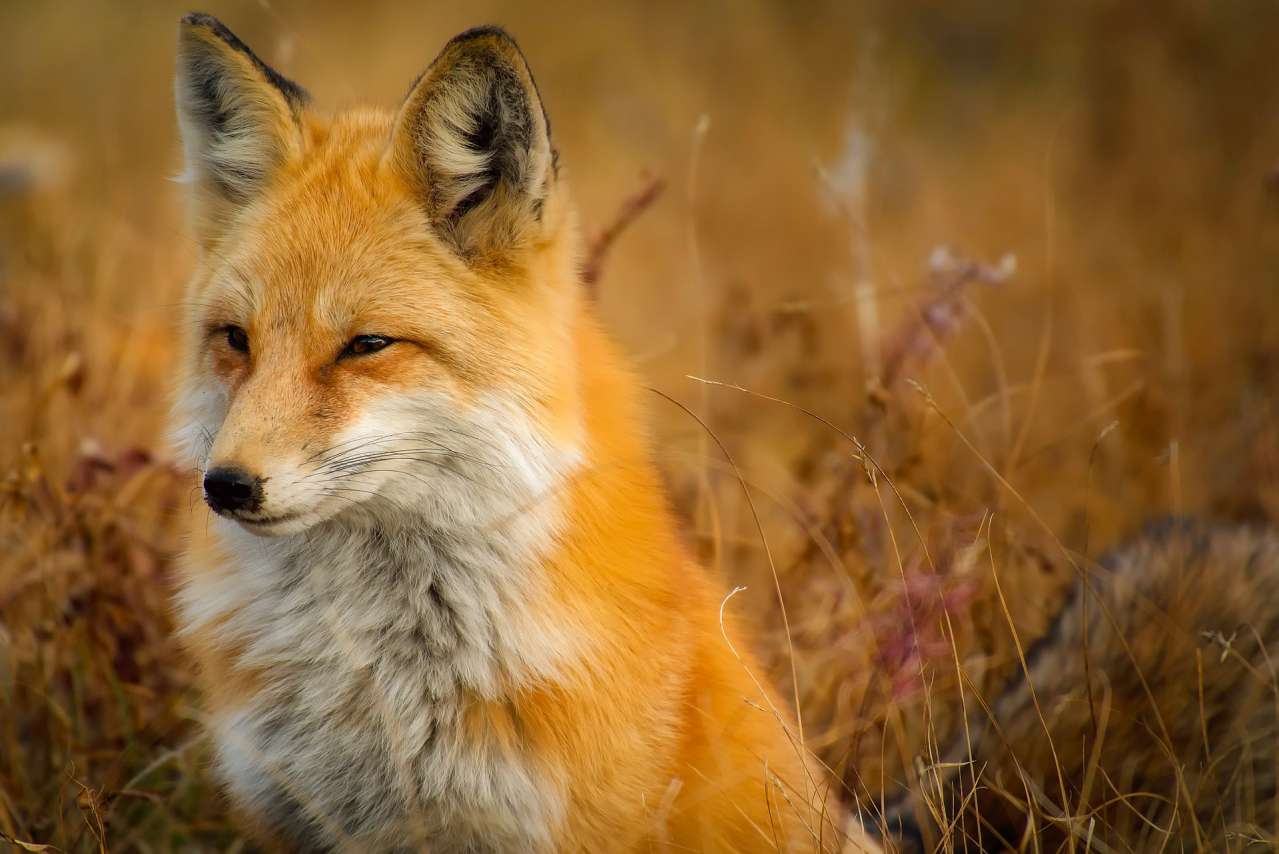Important to Know: How Urbanization Affects Wildlife
According to a new study published in the journal Nature Ecology & Evolution on Monday, urbanization appears to be taking a greater toll on wild mammals in hotter, less overgrown areas than in cooler, greener ones.
What causes urbanization
The essence of urbanization is: the growth in the number of cities and the number of urban residents, the emergence of new forms of settlement, the formation of urban agglomerations and urbanized areas.
How does urbanization affect the environment
What problems can this cause in the ecosystem? Urbanization can lead to the decline of a population or the extinction of an entire species, but it can also lead to evolution and even the emergence of new genera.
Thus, megacities make a huge contribution to air, water and soil pollution, exacerbate the problem of waste.
In addition, urban sprawl reduces the area of agricultural land and harms biodiversity, leads to a change in natural areas.

How urbanization affects animals
Biologists have discovered an increase in the size of animals in large metropolitan areas Contrary to conventional wisdom, urbanization leads to an increase in the size and body weight of urban mammals. Scientists attribute this to the greater safety and availability of food on the streets and landfills.
